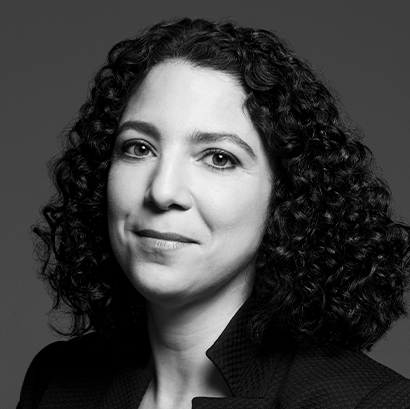Proceedings in first-ever Zoom trial at Federal Court met with praise by judge, counsel
The Lawyer's Daily interviewed Sana Halwani and Paul-Erik Veel on their experience in the first-ever Zoom trial before the Federal Court.
...
Sana Halwani of Lenczner Slaght, who represented Rovi Guides, said she was pleased how the proceeding “ended up feeling like a normal trial right away.”
“There was a lot of work and preparation on the part of everybody involved — counsel worked to generate a protocol to work out some of the things we identified, and the court weighed in on that,” she said. “It wasn’t quite as big a leap in terms of managing documents because we weren’t planning on using paper in any case and [Justice Lafrenière] is quite tech-savvy, so that certainly helped. I think if you were starting from 15 banker’s boxes full of documents and then going to a digital platform that would be an extra layer of difficulty there.”
Halwani’s co-counsel Paul-Erik Veel agreed it felt like a regular trial, but said part of the reason it worked was due to the features of the case.
“Number one is every witness in this case was either an expert witness or a corporate witness of one of the parties, which means they were all witnesses that people were in contact with so we could work with them to ensure they wouldn’t be stuttering in and out because of lack of connectivity,” he said. “You can do that when all of your witnesses are friendly, but when you have people who don’t have access to the same technology or are hostile witnesses, it makes it a whole different ballgame. So, I don’t know that a virtual trial will work in all cases.”
...
And Veel said once the kinks get sorted out there is a greater degree of efficiency in virtual hearings.
“You can actually move through things more quickly, which has the benefit of making things faster for lawyers and ultimately keeping costs down for clients if things can unfold more efficiently,” he said. “The access to justice crisis is a significant problem that is going to require a lot of different tools and techniques to solve, but I think one very important part of that is an increased number of virtual or remote hearings.”

